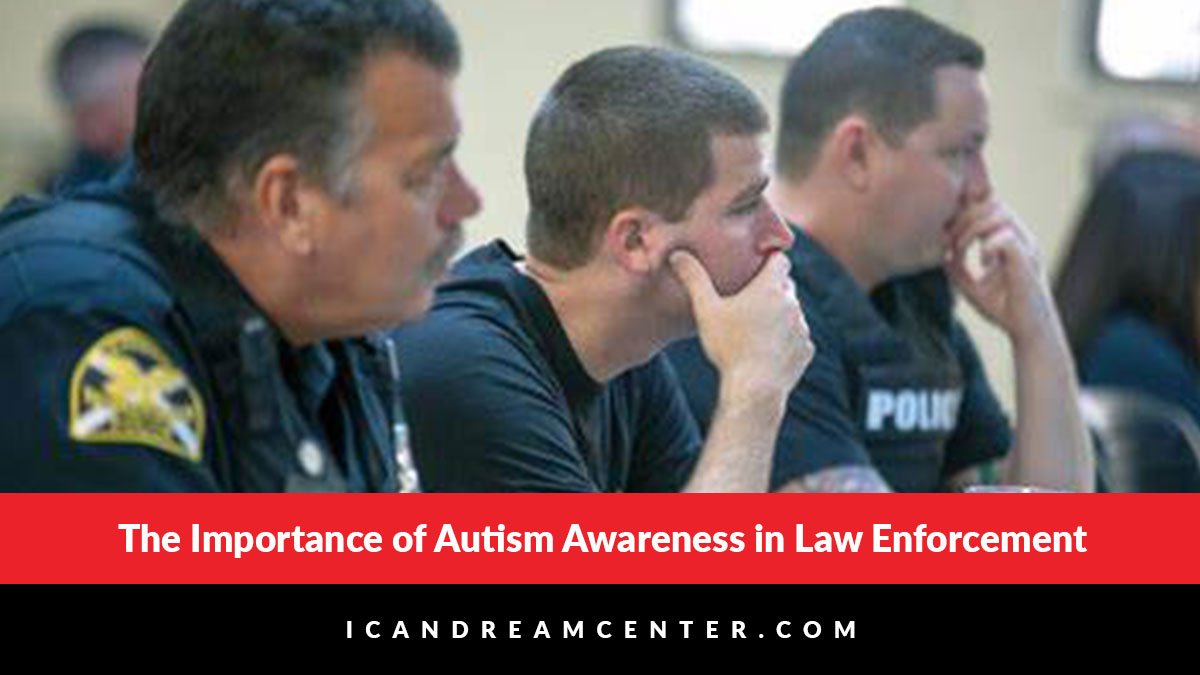
The Importance of Autism Awareness in Law Enforcement
When individuals with autism and other neurodivergent conditions of the brain go out in the world, they do not always “present as any different” than neurotypical individuals. But individuals with autism are different. Those differences can make them more vulnerable in society. Since their disability does not typically “look” like other more easily recognizable disabilities like Downs Syndrome, it is important for law enforcement to understand autism so they can respond appropriately if an individual with autism is detained by police.
Individuals with autism are not inherently more likely to become involved with the criminal justice system. However, some studies have suggested that individuals with autism may be at higher risk of certain types of interactions with law enforcement due to difficulties with communication, social interaction, and sensory processing. For example, individuals with autism may have difficulty understanding social cues or reading facial expressions, which could lead to misunderstandings with law enforcement. Additionally, some individuals with autism may engage in repetitive behaviors that could be misinterpreted as suspicious or threatening by law enforcement.
Furthermore, individuals with autism may also be at higher risk of victimization or exploitation, which could lead to involvement with the criminal justice system. For example, individuals with autism may be more vulnerable to scams or abuse due to difficulties with social interaction and communication.
It is important to note that these risks are not unique to individuals with autism, and that many factors can influence an individual’s risk of involvement with the criminal justice system. By creating a more inclusive and understanding society, and by providing appropriate support and resources for individuals with autism, we can help to reduce the risk of negative interactions with law enforcement and involvement with the criminal justice system.
How Law Enforcement Make a Difference
There are several accommodations that police officers can make for individuals with autism during a traffic stop or any other interaction. Firstly, officers can communicate in a clear and simple way, avoiding the use of jargon or complex language. They can also give the individual extra time to process information, allowing them to ask questions or repeat information if needed. Secondly, officers can minimize sensory overload by turning off sirens or other loud noises and dim bright lights if possible. Additionally, officers can provide a quiet and calm environment for the individual, away from crowds or other distractions. It’s also important for officers to understand that some individuals with autism may have difficulty with eye contact, and not take this as a sign of non-cooperation or guilt. By making these and other accommodations, and by staying current on autism awareness best practices, police officers can create a safer and more respectful environment for individuals with autism.
